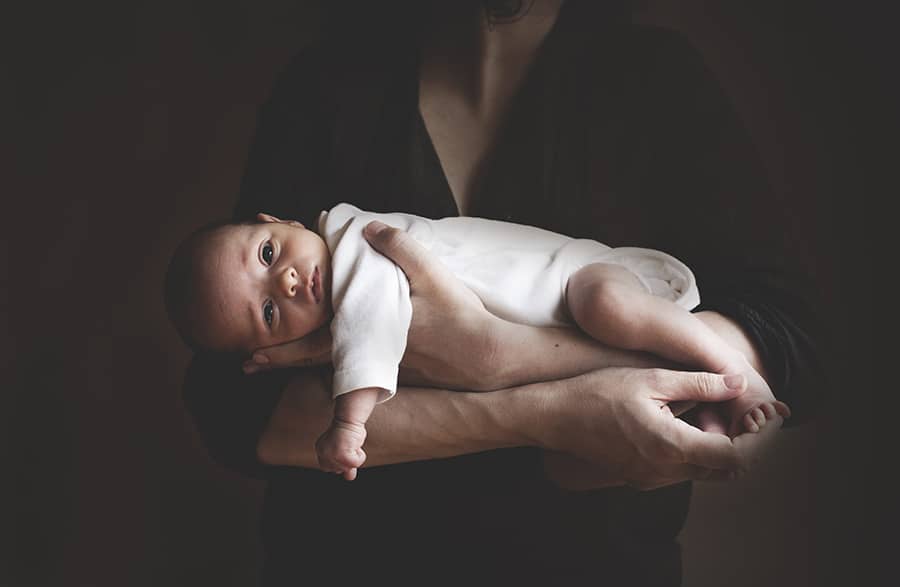Posted on February 8, 2019 in ASRC News, Featured News, Neuroscience Initiative
The findings suggest a need for prenatal interventions in an era of growing environmental disasters

New York, February 6, 2019 – Climate change poses an exponentially greater risk for mental health problems in children born to mothers with prenatal depression who also experience natural disaster-related stress. That is the message of a new study of infants born to New York City mothers shortly after Superstorm Sandy.
The study, appearing in today’s issue of Infant Mental Health, builds on previous findings that disaster-related prenatal stress can have negative effects on an infant’s temperament. In their new work, researchers also found that in the case of mothers who were pregnant during Superstorm Sandy and who were predisposed to depression, the effects on their babies were many times worse.
“Prenatal depression increases the risk for infants to have a difficult temperament, but when we factored in the stress of experiencing an environmental catastrophe, one plus one was not two: It was ten,” said the study’s lead author Yoko Nomura, a psychology professor with The Graduate Center of The City University of New York and Queens College. Nomura published her study while a faculty fellow at the Advanced Science Research Center at The Graduate Center. “Our research found that, compared to other babies, infants born to women who were prenatally depressed and pregnant during Superstorm Sandy had higher rates of distress and lower rates of pleasure-seeking activities.”
The study considered 310 pairs of mothers and children, recruited from clinics that serve patients from around the boroughs of New York City. The researchers assessed the mothers’ depression symptoms, and mothers reported their infants’ temperament via a questionnaire six months after birth.
Infants of depressed mothers displayed greater distress and fear, less smiling and laughter, and lower soothability and cuddliness compared to infants of mothers with lower scores for depression. The infants of depressed mothers who were pregnant during Sandy displayed even worse temperament.
In a 2018 study by several of the same authors, researchers concluded that a mother’s stress impacts her child’s temperament during the early years of childhood, and they demonstrated that this was true for children born during or close to the time of Superstorm Sandy.
The researchers posited that epigenetic responses to external stressors may be the cause of the increased incidents and intensity of mental health challenges for these infants.
“The combination of environmental stressors and biology may compromise gene expression and cause an excessive amount of cortisol to be passed from the mother to the fetus, resulting in infants having poorer emotional regulation, shyness and fearfulness,” said co-author Jessica Buthmann, a Graduate Center doctoral student (Psychology) and Queens College adjunct professor.
Nomura’s team recommends monitoring and screening for at-risk mothers during future environmental events as the rising incidents of environmental disasters are likely to put more mothers and infants at risk for climate change-related mental health problems.
“The take-home point is that we should be mindful to look out for the high-risk mothers, because the long-term consequences for the mental health of their offspring could be eased with proper intervention,” Nomura said.
